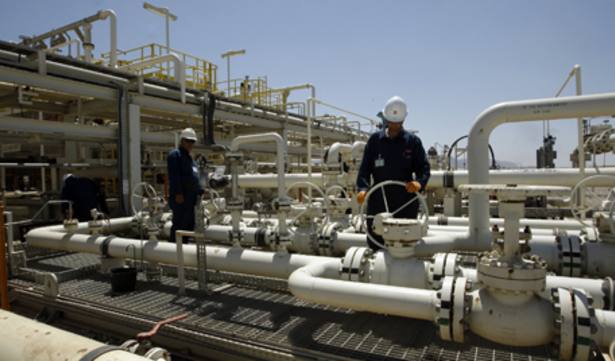Mr Artigas notes an increased appetite among central banks’ purchases of gold.
He says: “In particular, 2018 marked the ninth consecutive year of net purchases by central banks and the highest annual demand since the end of the gold standard in 1971. In addition, bar and coin demand grew 8 per cent year-on-year, driven by China and other countries in South East Asia."
But Ms Bain questions this view and observes a slowdown in gold demand from Asian countries.
She observes: “Even looking through the Lunar New Year distortions to China’s imports, the latest Chinese and Indian trade data still point to very weak gold demand from the two largest markets in February.”
Mr Artigas says: “Gold investment demand – whether in the form of gold-backed ETFs or bars and coins – fell in 2018, driven by net outflows in the second quarter and third quarter. However, this trend reversed as investors used gold in their portfolios as stock markets tumbled.
“So far in 2019, many central banks have continued their net purchases and gold-backed ETFs have seen net inflows, especially after a very strong January.”
Geopolitics
Ms Bain says: “Historically, rising safe-haven demand tends to give a small boost to the price of gold in the months preceding certain geopolitical events, such as the start of military conflicts, but that boost to prices tends to unwind soon after.”
But Mr Ash believes that geopolitical risks do not immediately impact gold in the long-term.
He says: “For all the wailing and gnashing of teeth, geopolitical crises, like Brexit, only become an issue for investors if they either start to hurt financial markets or they block cross-border flows."
The initial shock of the 2016 referendum result saw the price of gold jump 22 per cent in six hours for UK investors, but the FTSE has since shrugged off forecasts of an economic downturn post-exit, according to Mr Ash.
But he suggests that a government led by Labour leader Jeremy Corbyn could boost the demand for physical gold should he impose exchange controls.
“History says the shutters will likely come down without warning when the markets are closed. So physical gold is a simple, legally secure asset you can easily buy overseas in advance,” says Mr Ash.
The outlook for gold investments is far from pessimistic. Gold investment is on the rise, but does this exclude physical gold?
Mr Artigas says: It’s worth noting that the gold-backed ETFs we tracked are either fully backed by gold (with very few exceptions that may hold less than 10 per cent in cash or other investments). This means that while investors buy shares of gold-backed ETFs in exchanges around the world, net purchases result in physical demand for gold.”






